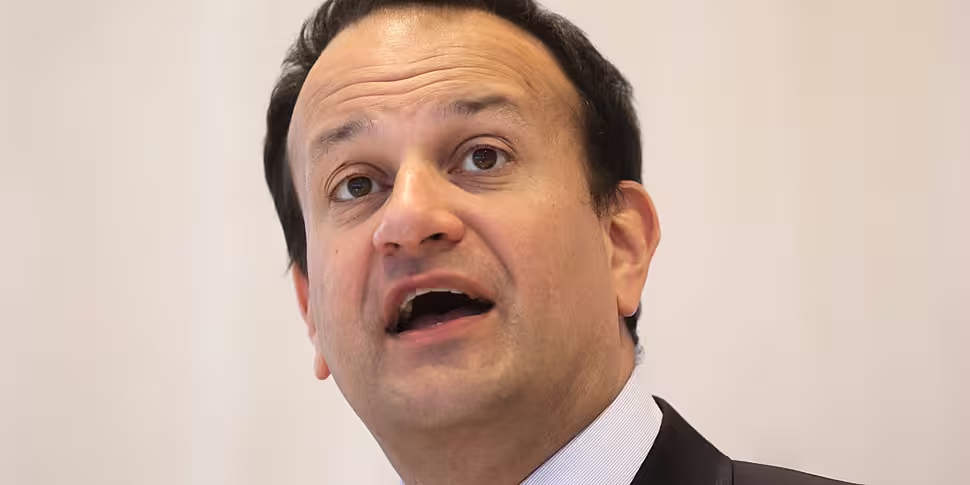The Tánaiste has pledged a 'balanced approach' when the Government introduces new legislation to give workers a right to request remote working.
Leo Varadkar has insisted there's now a "real opportunity" to make remote and blended working a "much bigger part" of normal working life.
The Government has today published a report on the public consultation process held ahead of the new legislation being introduced.
175 submissions - mainly from individual workers - were received.
Respondents were asked how long they felt employees should be with a company before they should be entitled to make a request to work from home.
31% answered one year, while 25% believed there should be no minimum timeframe.
When asked what should be considered a reasonable reason for refusing a request, 38% of respondents said the physical nature of the
job.
Around 9% said the role being customer-facing was a reasonable factor, while just 4% considered that there are no reasonable grounds for refusal of a request.
A number of employers who responded, meanwhile, suggested a minimum of two months would be an "appropriate timeframe" for considering remote working requests.
One employer suggested businesses should be encouraged to offer an alternative "hybrid working pattern" - combining remote work and onsite work - if they don't believe they can facilitate an employee working remotely full-time.
Responding to the report, Tánaiste Leo Varadkar said the legislation will ensure "there are stated reasons" for an employer turning down a remote working request.
He said: "We recognise that remote working won’t work for everyone or for every organisation, so the Government will take a balanced approach with the new legislation.
"After the pandemic, people should have a choice, so long as the work gets done and business and service needs are met. That’s the principle I want to apply."
He said the goal is to introduce legislation that is "fair to workers but does not place an undue burden on employers".
He added that the legislation will be a priority in the upcoming Dáil term.









